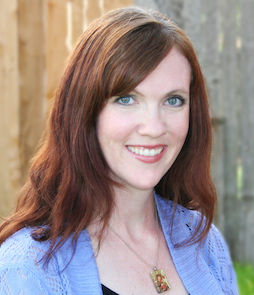Restless Heart: 12 – “Memento Mori”


Nessa and I could not meet up this week, so I recorded a solo where I talked about meeting Christ in my Father’s death.
Please subscribe to this podcast using iTunes, Google Play or Podbean. If you have any feedback or would like to pose a question for an upcoming episode, you can send us a message from the website or tweet us at @davidandnessa.
Episode 12: Memento Mori (Download)
— Show Notes —
* “Memento Mori” is a phrase in Latin which means “Remember Death”
* If you were wondering where Whidbey Island is, it’s here.
* The book I referenced was “Something Other Than God” by Jennifer Fulwiler:
“The Catechism explained that praying for the souls of the dead is a tradition going back to the first Christians and to the Jews before them… The living sent their love for the deceased into the spiritual world, like adding water to a stream that would eventually float their lost friends home“
* Don’t believe me about the ninja boots? Here they are.
* The Psalm I quoted was Psalm 84:6
Blessed are the men whose strength is in [the Lord]… As they go through the Valley of Baca [weeping] they make it a place of springs; the early rain also covers it with pools.
* The poem I quoted at the end was “As Kingfishers Catch Fire” by Gerard Manly Hopkins:
…for Christ plays in ten thousand places,
Lovely in limbs, and lovely in eyes not His
To the Father through the features of men’s faces.
* A written version of what I said in this podcast is available on my blog.

 As you may well know, I’ve been working through a long list of books during my sabbatical. I recently finished one of them,
As you may well know, I’ve been working through a long list of books during my sabbatical. I recently finished one of them,